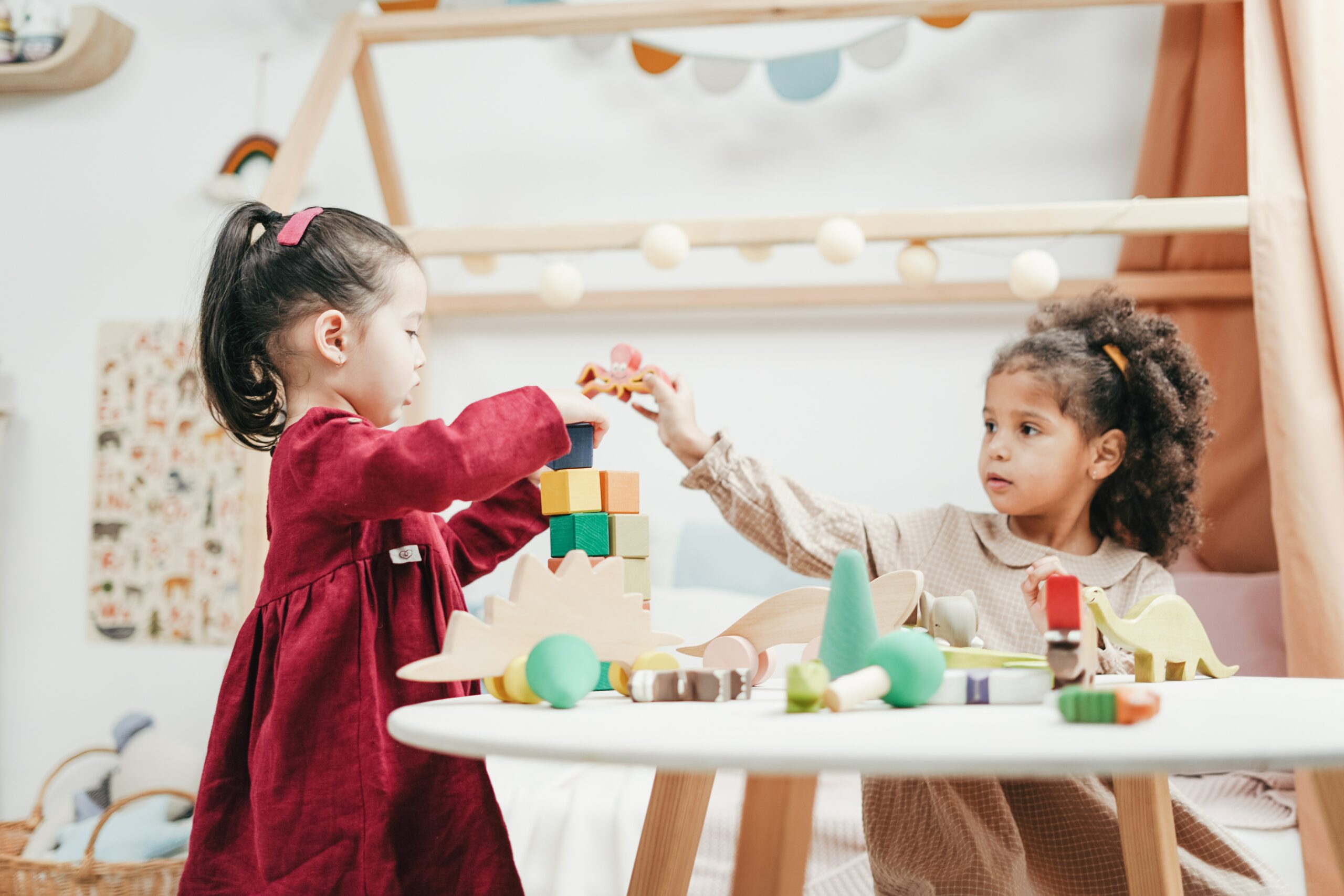
Blog
LET’S TALK TODDLER TANTRUMS – Handling Tantrums like a Pro


Do you find it difficult to deal with your child’s tantrums and meltdowns?
Do you feel confused about how to handle your toddler so that you’ll don’t end up creating a scene in public?
Here are a few guidelines to follow:-
React thoughtfully
We are adults & so we might feel embarrassed or thrown aback when suddenly our child behaves inappropriately in a public environment but how we react to this can change everything. We can in reaction to our kid’s tantrum throw an adult tantrum by shouting at them, by asking them to stop shouting or crying or behaving a certain way and in worst case scenarios hit or hurt them so they stop. All of this has proved absolutely pointless to reduce the severity or frequency of tantrums rather made them more frequent & made those kids more stubborn.
Here’s another take on this, while your kid maybe behaving inappropriately, you remain calm. Understand where the tantrum might be coming from, is your child hungry, sleepy, tired or perhaps uncomfortable in a certain surrounding? What can you do to comfort them? Try to distract them by offering a drink or maybe their favorite snack. Take them to a less crowded place & then tackle the problem or talk to your kid there. Channelize their attention to something else & address this issue later when they are calmer and relaxed.
Find out why your kid is acting this way? & avoid situations that trigger tantrums

Is he hungry or sleepy or tired? He is a toddler, and they find it difficult to communicate. Are you trying to understand the BIG EMOTIONS causing these tantrums? Realign your expectations and know that you have to be calm first to calm down your toddler. Empathize with your child and that will mean the world to them.
Here are a few common triggers that you can look out for:-
- Tired toddler- toddlers don’t understand their capacity of activity. We as parents should make sure our child is not crossing his limits and over exerting themselves while completely engrossed in activities. Because when they are tired they will lose it, suddenly often for no rational reason. Its best to respect bed & nap times, planning going out around them will be the wisest choice.
- Hungry toddler– hunger reduces anyone’s ability to cope with situations, in kids more so. Hunger is an anxious feeling, it undercuts a child’s need to feel safe. Toddlers eat smaller amounts but get hungry more frequently than we adults do & so carrying variety & good quantity of their favorite snacks every time you step out should be a thumb rule to prevent tantrums.
- Attention deficit toddler- when a toddler feels he is not getting enough attention from their parent, they might throw a tantrum seeking attention. In such scenarios, be sympathetic to your child & let them know you understand they need your attention & then ask them to allow you to complete a particular task or conversation after which you will be available for them completely. Offer them a distraction meanwhile, to help your child bide the time. Always remember to get back to your child as promised once you’re able.
- Overwhelmed toddler– toddlers have certain thresholds of both good and bad case scenarios. Too much of anything can lead to overwhelmed toddlers. Make sure to balance out everything always. Also toddlers & preschoolers live in the moment & need time to transition from one activity to another. Avoid scheduling too many activities for your child on a same day.
Plenty you can do to encourage good behaviour in even the youngest children.

It is very easy to influence good behavior in children as they quickly learn how to behave when they get positive consistent guidance from you. Giving your child attention and appreciation when they behave well is much more important than applying consequences when the child does something inappropriate.
Here are some actionable tips to follow to influence good behavior in your toddlers:-
- Being a role model – there’s nothing that works better than letting them learn by observing your own behavior. Your child observes you and learns how to behave when, thus everything you do is way more important than what you say to them.
- Be expressive – let your child know about how you feel when they behave a certain way both good and bad & that will help them understand their own feelings as well. When they see things from your perspective there are chances they understand you better & behave in a more favorable way henceforth.
- Appreciate them enough – every time your child does something right make sure to appreciate them with positive feedbacks. Fill them up with praises often so once in a while if you stop or disapprove of something they might listen to you and be aware of their behavior.
- Listen actively- communication is very important, when your child expresses how they are feeling make sure you listen to them and acknowledge how they are feeling. When you do this, it helps your child with coping with those feelings and emotions and gives them the contentment of being heard and brings you further close to them.
- Keep things simple & positive – instructions should be clear, short and appropriate for your child age, so your child can understand & remember them. And positive rules are always better than negative ones, because they guide your child’s behavior in a positive way. For example, “please put the plate in the sink “is better than “don’t leave the plate on the table”. It often helps to keep daily life with children light & so try to maintain a sense of humor with your child.
Always remember, there’s no right or wrong when it comes to parenting, it’s always what works the best for you. Write back to us if you feel this blog helped you a certain way. How are you coping with parenting? We would love to hear from you at https://mydvija.com/contact-us/ . We have a beautiful course on sleep training on MyDvija do check it out at https://mydvija.com/product/babies-sleep-training-routine/ .
Follow us on Instagram, Youtube & subscribe to our Newsletter to get the latest updates about it
Blog written by: – Dr. Fatema Lokhandwala (MyDvija Team Member)
Guided by: – Shreya Shah (Founder @ MyDvija)
